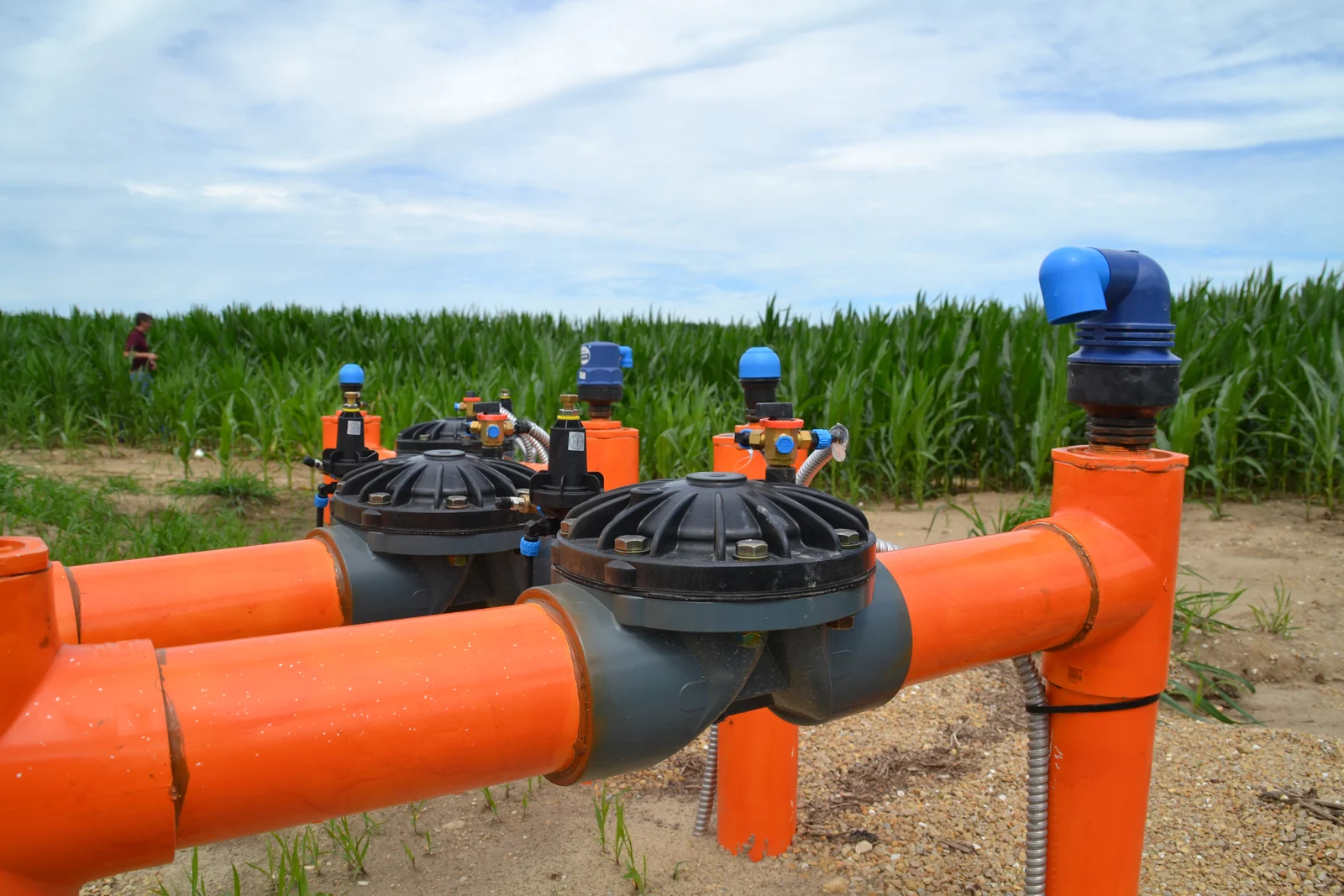
Control valves remain critical enablers of fluid and gas flow control in several industrial processes. Today’s control valve technology has made great steps in the fast-changing advanced technological environment. In this article, we will talk about the newest developments, such as 9421ls13, which determine the future of control valves and the industries where they work.
- Digital Twin Technology: Control valves are being reimagined with the advent of digital twins. Engineers can simulate control valve performance, identify possible issues, and optimize the valve operation by creating a digital twin of the control valve as well as its surrounding system.
- Wireless Connectivity: Wireless communication technology has ushered in a new era of flexibility and convenience in control valve operation. Wireless sensors and actuators enable the exchange of real-time data, remote monitoring, and control without complex wiring or infrastructure.
- Advanced Materials and Coatings: Improved materials and coating technologies have been developed for control valve components to extend the life of these devices and resist corrosion. This increases the life of the valves, as well as lowering maintenance costs.
- Precision Position Control: Current control valves come with high high-precision position control system. It improves process efficiency and diminishes the rate of energy use by fueling good regulation of fluid flow.
- Adaptive Control Algorithms: Control valve technology has evolved to include adaptive control algorithms that are capable of automatically adjusting to different process conditions. This leads to stable and responsive control allowing for fewer manual adjustments.
- Artificial Intelligence and Machine Learning: Furthermore, the use of AI and machine learning algorithms assists in optimizing control valve operation. The technologies analyze loads of data, so as to foresee, identify, and propose the favorite control plans hence becoming effective in enhancing general efficiency.
- Energy Efficiency and Sustainability: The major issue of control valve manufacturers is energy efficiency nature and sustainability. The latest designs are energy efficient and have minimal ecological effects, which matches the enhanced concern for green industrial practices.
- Cybersecurity Measures: As control valves are becoming more and more involved in digital systems, resilient cybersecurity is being deployed to fend off likely cyber-attacks. It is important in securing reliability and safety during industrial processes.
- IoT Integration: With IoT integration, control valves become part of the networked ecosystem. This makes data-driven decisions possible, predictive maintenance, and allows full exploitation of the benefits available on Industry 4.0 technologies.
Please visit the website to learn more.
